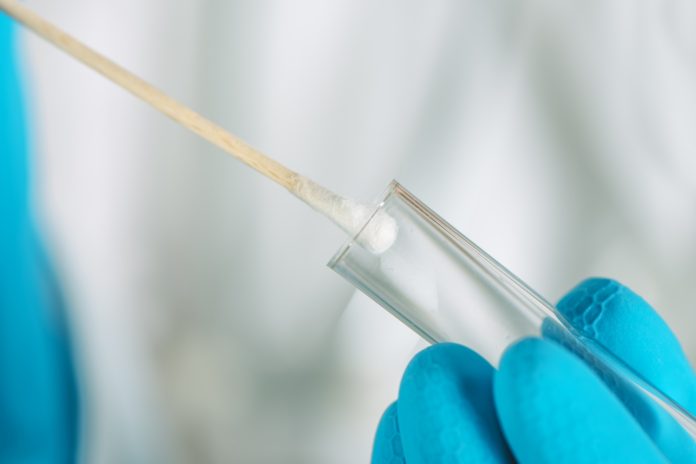Key Takeaways
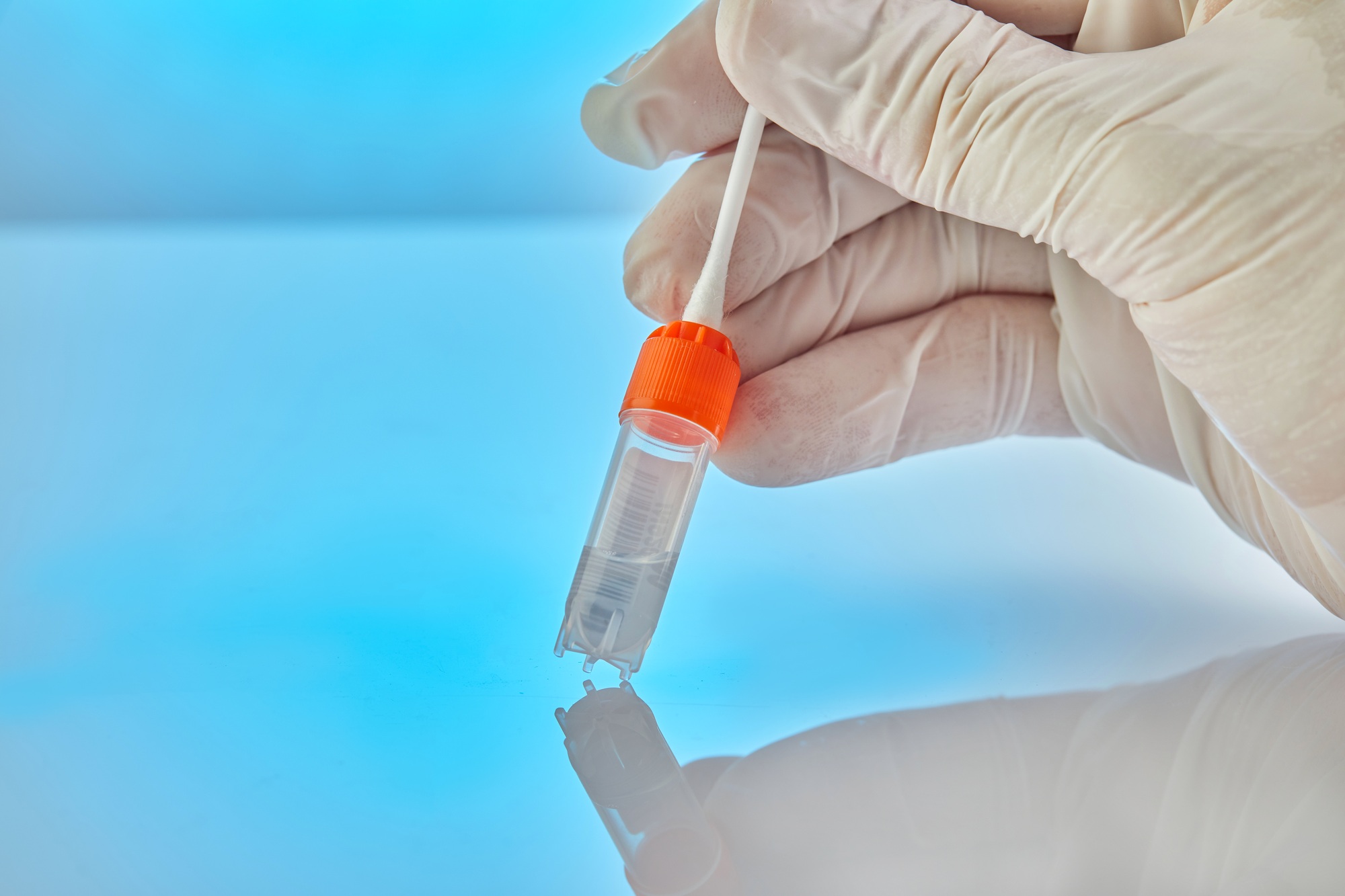
- Rising Demand for Convenience: The mobile DNA testing market is experiencing rapid growth, driven by consumer preferences for accessible and hassle-free testing solutions at their doorstep.
- Understanding Your Audience: Identifying target customers, including those interested in genealogy and health testing, is crucial for tailoring services to meet their specific needs.
- Comprehensive Business Planning: Developing a detailed business plan is essential. This should outline your services, operational strategies, and marketing efforts to effectively reach your audience.
- Legal Compliance and Certifications: Navigating legal requirements and obtaining necessary certifications are vital steps to ensure your mobile business operates legally and maintains customer trust.
- Effective Marketing Strategies: Implementing local SEO and utilizing social media platforms, along with promotional campaigns, will help increase visibility and attract potential customers.
- Operational Efficiency: Focus on staffing, training, and efficient scheduling to enhance service delivery and customer satisfaction in your mobile DNA testing business.
Thinking about starting a mobile DNA testing business? You’re not alone. With the rising demand for convenient and accessible testing services, this niche market offers a unique opportunity for entrepreneurs. Imagine providing clients with the ability to get DNA tests right at their doorstep, making the process hassle-free and efficient.
Understanding the Mobile DNA Testing Market
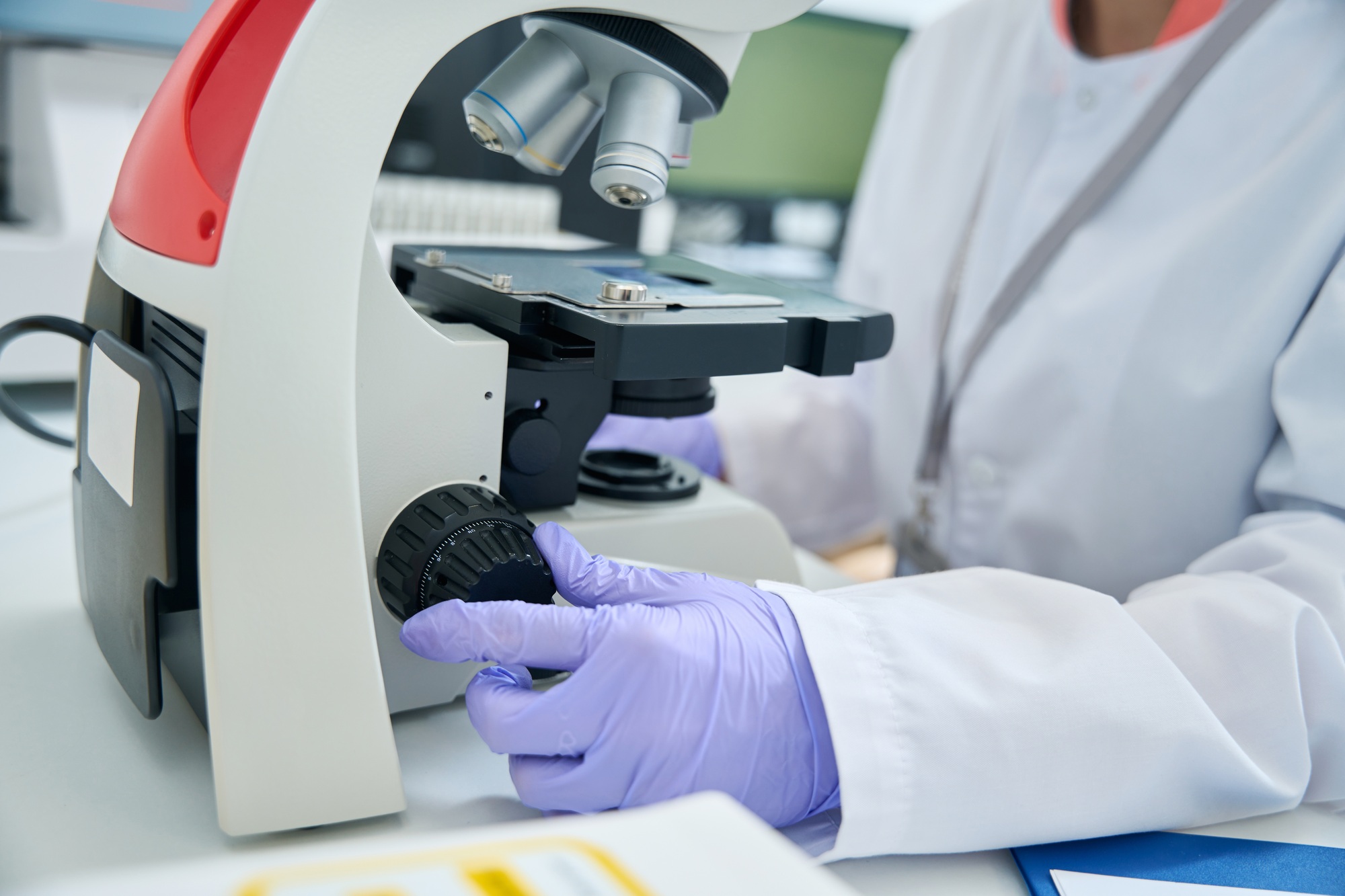
The mobile DNA testing market grows rapidly, driven by demand for convenient testing solutions. Entrepreneurs can capitalize on this trend by starting a small business that meets customers’ needs effectively.
Current Trends in DNA Testing
A notable trend in the DNA testing market is the rise of home-testing kits. Users prefer at-home collection options, eliminating the need for clinic visits. Innovations in testing technologies enhance accuracy and speed, attracting more customers. Additionally, an increasing focus on genetic health and ancestry analysis adds diversity to service offerings. Many startups focus on personalized services, tapping into unique niches within this market.
Target Audience and Customer Needs
The target audience for mobile DNA testing includes individuals interested in genealogy, health, and paternity testing. Families often seek accessible solutions for sensitive testing scenarios. Genomic data awareness among consumers grows, increasing demand for easy-to-use, reliable testing services. By addressing customer needs, you can build strong relationships and brand loyalty in your small business. Understanding the preferences of your audience enables you to tailor services effectively.
Steps to Start a Mobile DNA Testing Business
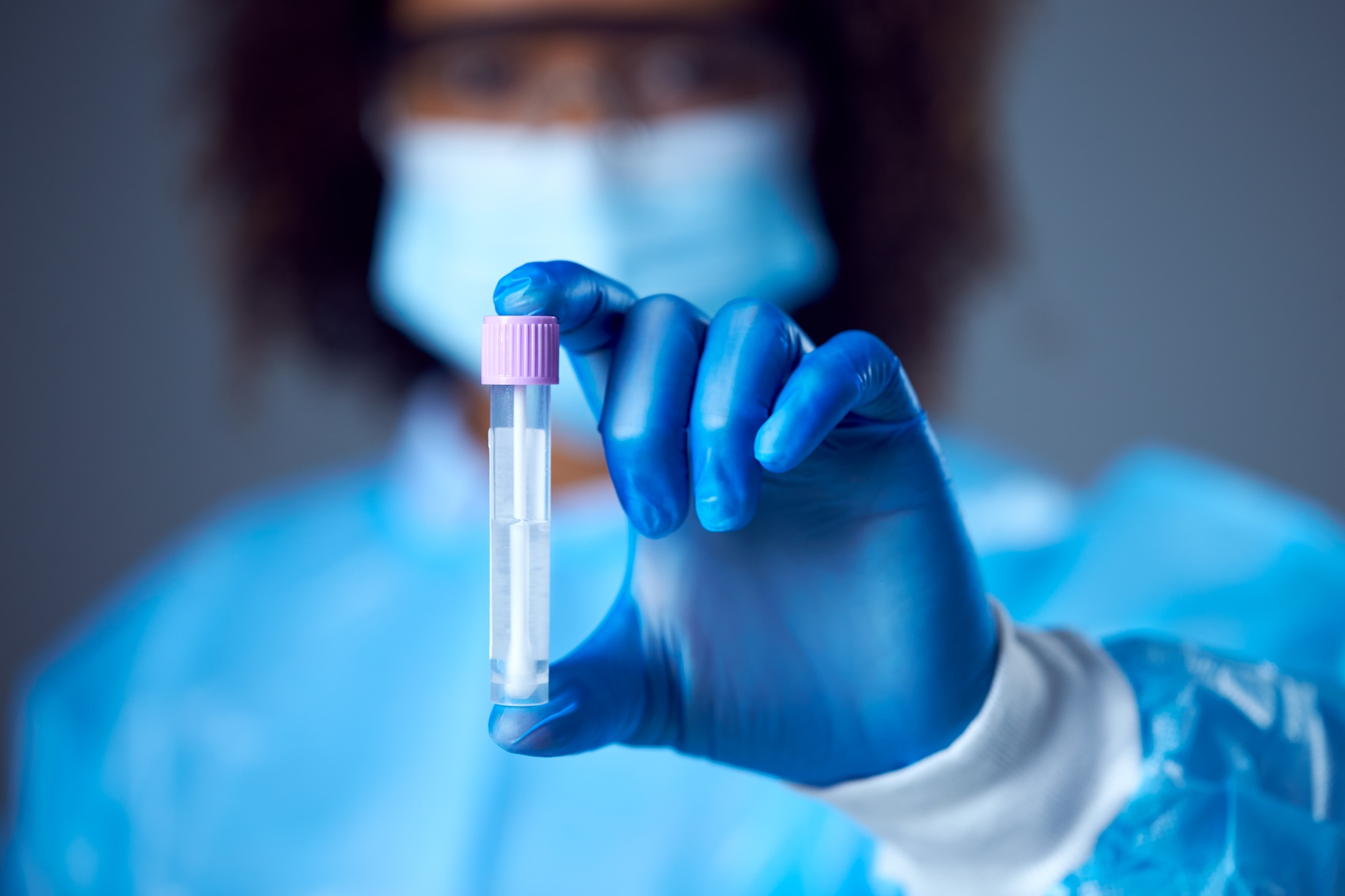
Starting a mobile DNA testing business requires careful planning and execution. Follow these essential steps to establish your small business successfully.
Conducting Market Research
Conduct thorough market research to gauge the demand for mobile DNA testing services. The global genetic testing market reached USD 11.90 billion in 2024, and forecasts predict growth to around USD 91.30 billion by 2034. Identify your target audience, such as those seeking paternity tests, ancestry information, or health-related genetic data. Segmenting customers enables you to tailor services effectively. Analyze competitors in your area to pinpoint their offerings and distinguish your business from theirs.
Developing a Business Plan
Create a detailed business plan to outline your mobile DNA testing operations. Define your business model, specifying the types of DNA tests you’ll offer, which may include paternity, ancestry, and health-related tests. Include an operational strategy that details how you’ll conduct mobile testing—consider using vans or mobile units or partnering with local clinics to enhance service accessibility. Implement a marketing strategy targeting your defined audience, employing online platforms and local outreach tactics to bolster visibility.
Legal Requirements and Certifications
Understand the legal requirements and certifications needed to operate in the DNA testing industry. Obtain necessary licenses to conduct tests legally in your area. Ensure compliance with health regulations and standards set by relevant authorities. Familiarize yourself with data protection laws to safeguard customer information and establish trust, which is vital for building a loyal client base in your small business.
Setting Up Your Mobile Operation
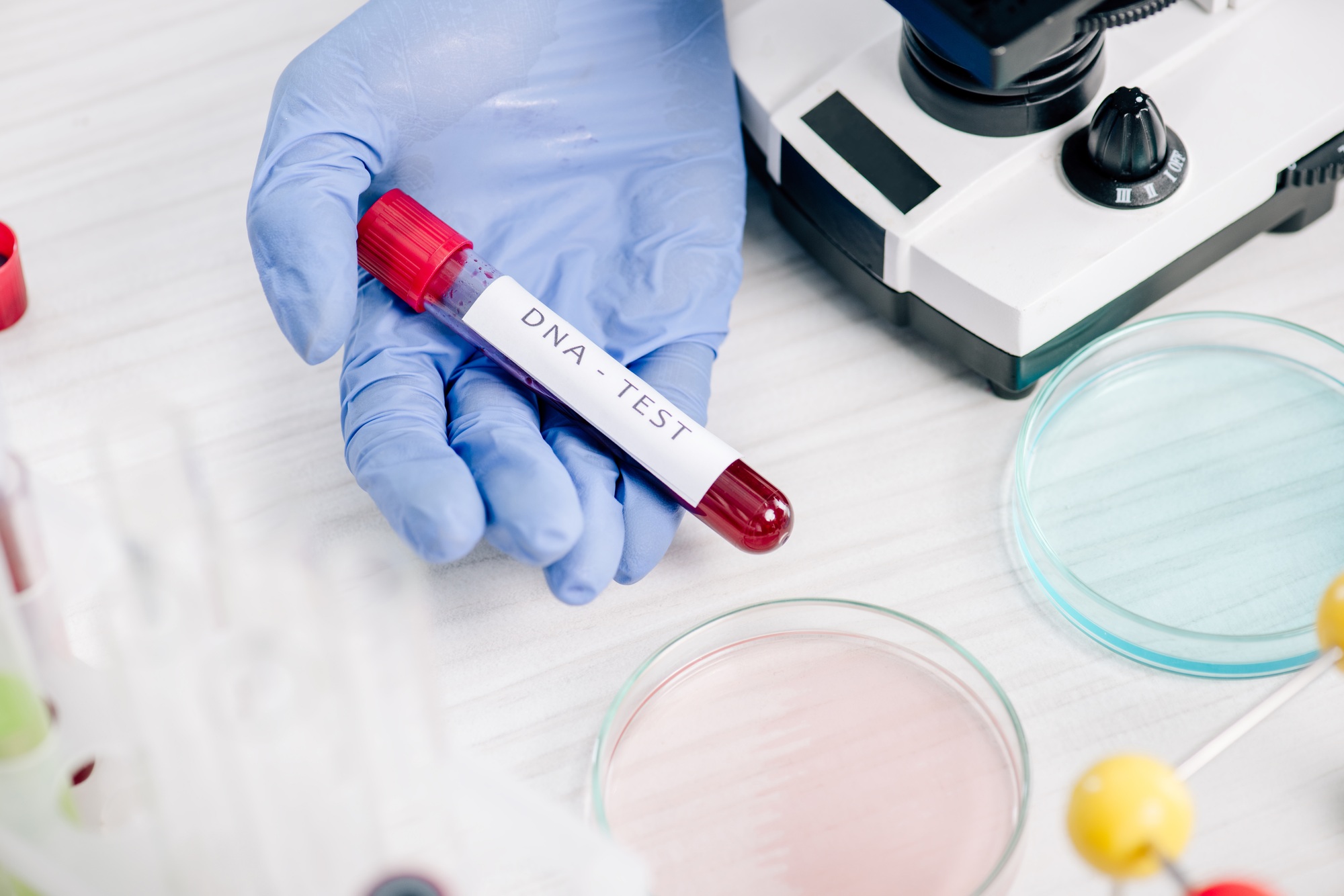
Setting up your mobile DNA testing operation involves critical considerations to ensure efficiency and compliance. You’ll need to focus on two primary areas: choosing the right equipment and vehicle selection.
Choosing the Right Equipment
Choosing the right equipment is vital for delivering accurate DNA testing services. Acquire high-quality DNA collection kits that meet industry standards. Opt for PCR machines and sequencers capable of providing reliable results efficiently. Invest in storage options like portable refrigerators to maintain sample integrity during transport. Ensure your equipment complies with local regulations and certification requirements to build trust with customers. Regular maintenance and calibration of your devices enhance accuracy and reliability.
Vehicle Selection and Customization
Vehicle selection and customization impact your mobile operation’s efficiency and customer experience. Choose a vehicle that offers ample space for equipment and testing procedures while being portable enough for easy accessibility. Consider vehicles with built-in climate control to ensure optimal conditions for sample storage. Customize the interior to include workstations, storage compartments, and privacy features for clients during sample collection. A well-designed mobile unit reflects professionalism, helping you establish a strong brand presence in this growing small business market.
By focusing on these areas, you set a solid foundation for your mobile DNA testing business, ensuring you provide quality services that meet client expectations.
Marketing Your Mobile DNA Testing Business
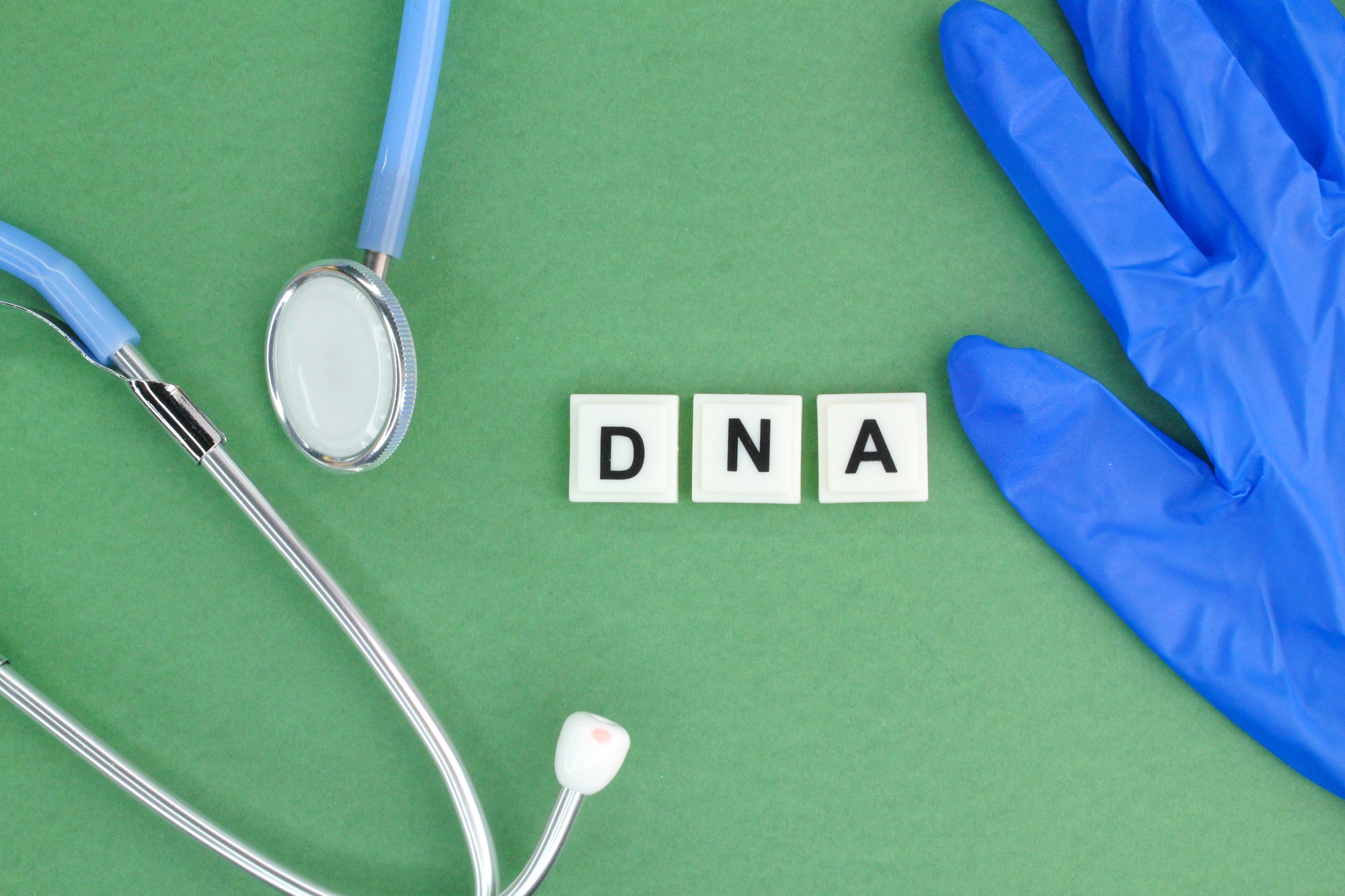
Marketing plays a vital role in establishing and growing your mobile DNA testing business. Crafting a targeted marketing strategy ensures you connect with your audience effectively.
Effective Marketing Strategies
- Utilize social media platforms to reach potential customers. Focus on Instagram and Facebook, where visuals enhance engagement and share informative content about DNA testing benefits.
- Create a user-friendly website that highlights your services, pricing, and customer testimonials. Incorporate SEO techniques to boost visibility on search engines, making it easier for customers to find your business.
- Implement local SEO tactics. Register your business on Google My Business and create listings on local directories. This enhances your reach within your community, attracting nearby clients who seek mobile testing solutions.
- Offer promotional campaigns, such as discounts for first-time customers or referral incentives. These strategies encourage word-of-mouth marketing, essential for small businesses striving to build a loyal customer base.
Building Partnerships and Networks
- Forge partnerships with healthcare providers and wellness centers. Collaborating with these entities strengthens your credibility and opens new channels for client referrals.
- Join local business organizations or industry-specific associations. Engaging with networks provides valuable opportunities for networking, allowing you to connect with potential partners and clients in the community.
- Attend health fairs, community events, or workshops. These platforms allow you to showcase your services, distribute informational materials, and engage directly with potential customers interested in DNA testing.
- Leverage online communities. Participate in forums, social networks, and groups focused on health, genealogy, or wellness. Sharing your expertise increases visibility and fosters trust with potential clients interested in your mobile testing services.
Managing Operations and Logistics
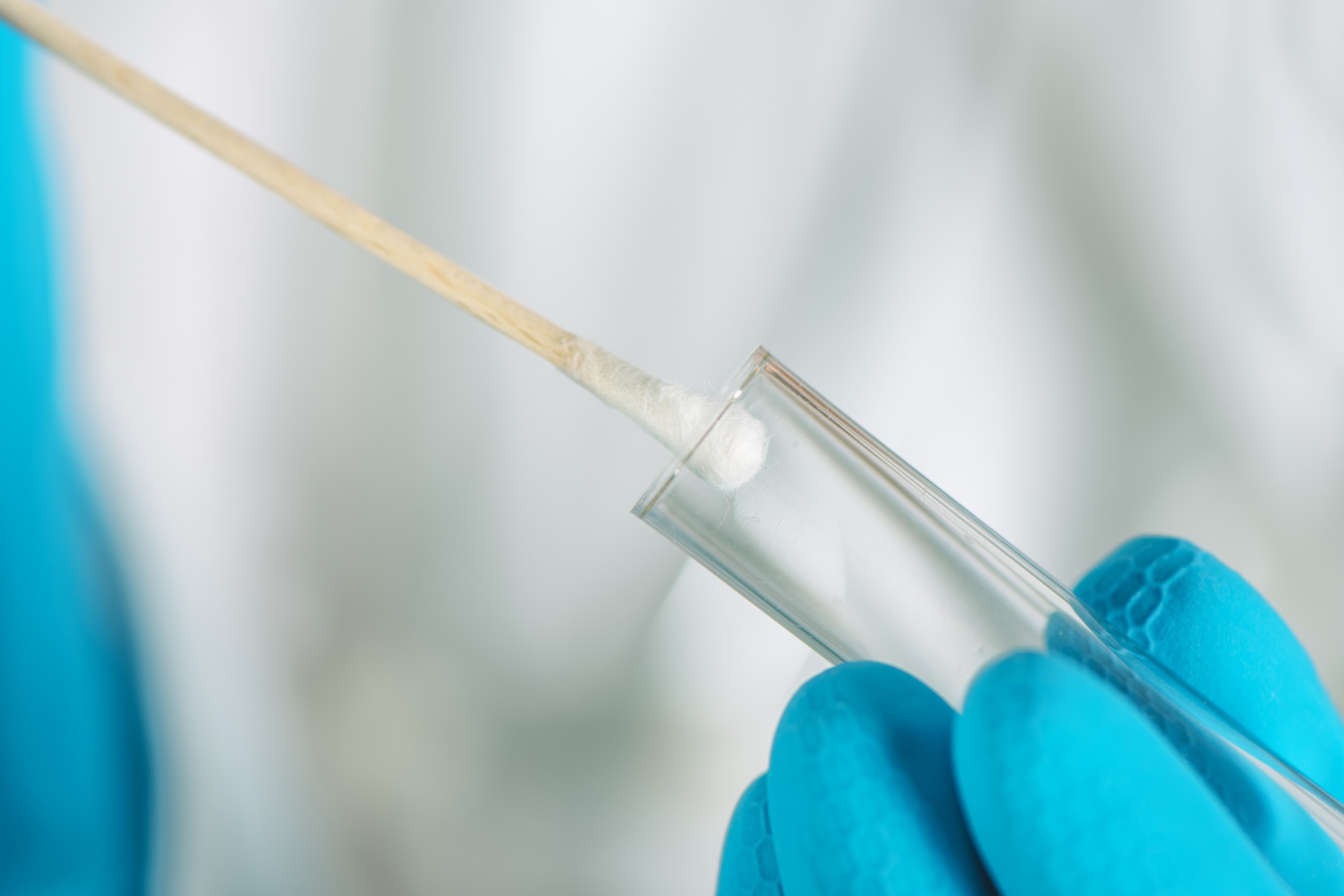
Managing operations and logistics effectively is crucial for your mobile DNA testing startup. Key components include staffing, training, scheduling, and route planning.
Staffing and Training
Hiring skilled personnel is essential for quality service delivery in your mobile DNA testing business. Recruit trained phlebotomists or medical professionals familiar with DNA testing protocols. Ensure staff undergo comprehensive training on sample collection, handling, and customer service. Staff members must also understand compliance with health regulations and data protection laws to maintain client trust. Regular training updates promote consistency in service quality and operational efficiency.
Scheduling and Route Planning
Efficient scheduling and route planning enhance operational effectiveness and customer satisfaction. Utilize software solutions to manage appointments, optimizing routes for time and distance. Schedule visits during peak times to maximize productivity and ensure timely sample collection and delivery. Prioritize customer convenience by offering flexible appointment options. Effective scheduling minimizes delays, guaranteeing prompt processing of DNA tests and improved client experiences.
Conclusion

Starting a mobile DNA testing business offers a unique opportunity to tap into a growing market. By focusing on convenience and customer service, you can create a service that meets the needs of individuals and families seeking reliable testing solutions.
Understanding the operational aspects, from equipment selection to staffing, is crucial for success. Implementing effective marketing strategies will help you connect with your target audience and build trust within the community.
As consumer demand for accessible genetic testing continues to rise, positioning your business to adapt to these trends will set you apart. With the right approach and commitment to quality, you can establish a thriving mobile DNA testing service that makes a meaningful impact.
Frequently Asked Questions

What is a mobile DNA testing business?
A mobile DNA testing business offers convenient and accessible DNA testing services directly at clients’ locations. This service caters to the growing demand for easy-to-use testing options, making it simpler for individuals to receive essential genetic insights without visiting a lab.
Who is the target audience for mobile DNA testing services?
The target audience includes individuals interested in genealogy, health information, and paternity testing. Families often seek these services for sensitive situations, and as awareness of genetic data grows, more people are looking for accessible testing solutions.
How can I start a mobile DNA testing business?
To start, conduct thorough market research to gauge demand. Develop a detailed business plan outlining your services, operational strategies, and understand legal requirements and certifications. Building trust with customers by ensuring compliance with health regulations is also essential for success.
What equipment do I need for mobile DNA testing?
Essential equipment includes high-quality DNA collection kits, reliable PCR machines, and sequencers. Additionally, ensure proper storage solutions to maintain sample integrity, and choose a vehicle that offers ample space and climate control for your operations.
What marketing strategies should I use for my mobile DNA testing business?
Focus on a targeted marketing strategy utilizing social media platforms, a user-friendly website optimized for SEO, and local SEO tactics. Promotions for first-time customers and partnerships with healthcare providers can also enhance visibility and credibility.
How can I manage operations effectively in a mobile DNA testing business?
Effective management involves staffing trained personnel, ensuring comprehensive training on sample collection and customer service, and implementing efficient scheduling and route planning. Using software solutions can help optimize appointments and enhance operational efficiency.
What are the legal requirements for starting a mobile DNA testing service?
Legal requirements vary by state, but typically include obtaining necessary certifications, adhering to health regulations, and ensuring compliance with data protection laws. It’s crucial to research and understand these requirements to operate legally and build customer trust.
Why is customer service important in mobile DNA testing?
Excellent customer service is vital in building trust and loyalty in a sensitive industry like DNA testing. Providing a comfortable, professional experience can enhance client satisfaction, encourage referrals, and support the growth of your mobile DNA testing business.
Image Via Envato: tampatra, DC_Studio, stevanovicigor, fauziEv8, LightFieldStudios, monkeybusiness, svitlanah, foodphotoalex


